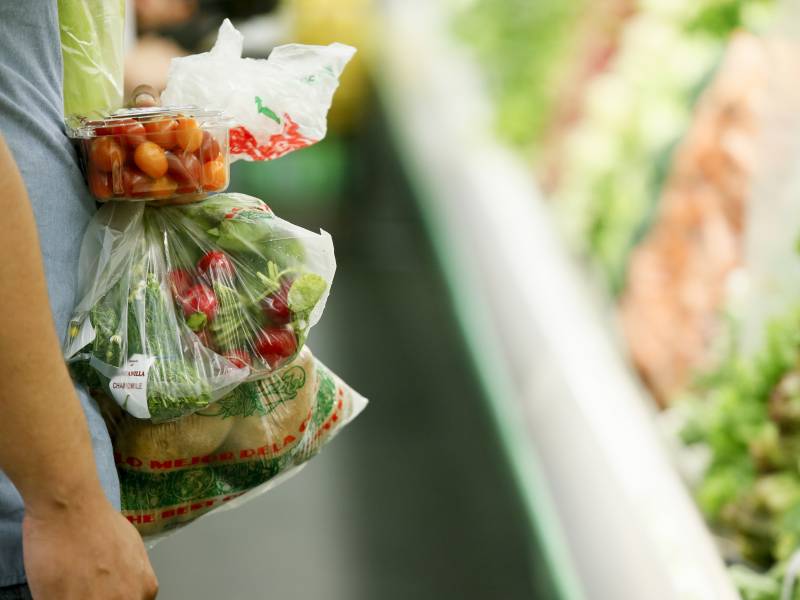Some low-income college students are among the 688,000 food stamp recipients projected to lose benefits as a result of a Trump administration rule announced Dec. 4. While the rule explicitly targets “able-bodied adults without dependents,” it also limits food assistance for a share of college students at a time when campuses across the country are already grappling with how to respond to food insecurity.
The new rule makes it harder for states to waive the requirement that adults work at least 20 hours a week in order to receive their Supplemental Nutrition Assistance Program — or SNAP — benefits. Policy experts say it will limit benefits for college students enrolled less than half-time while further complicating the already confusing process of determining students’ eligibility and connecting them to resources.
“As long as a student is at least half-time, they are not considered an [able-bodied adult without dependents] subject to SNAP work requirements, so that new rule would not impact them,” says Kathryn Larin, director of the Education Workforce and Income Security team at the Government Accountability Office. “The group that it would impact would be students enrolled less than half-time.”
Most college students are excluded from receiving SNAP by design, Larin says.
This is because Congress created the program with the image of a “traditional” student in mind: someone entering college directly from high school, financially reliant on their parents, with no income or dependents.

9(MDAxOTAwOTE4MDEyMTkxMDAzNjczZDljZA004))